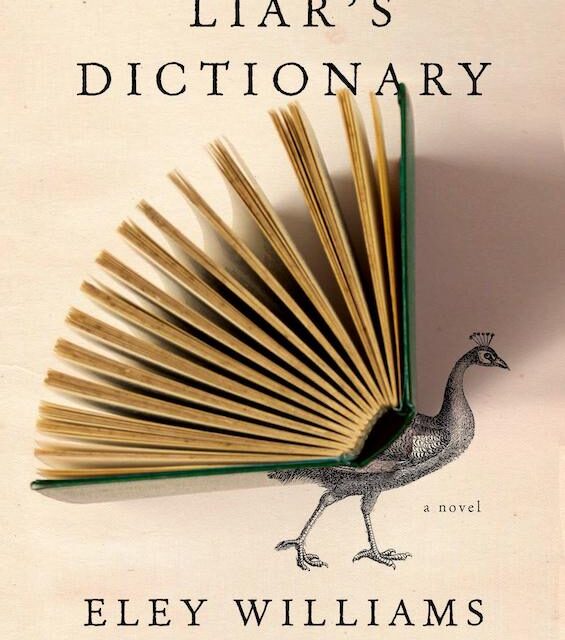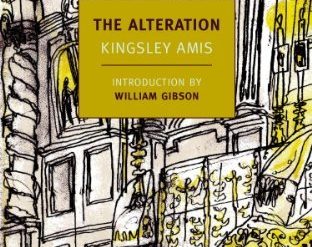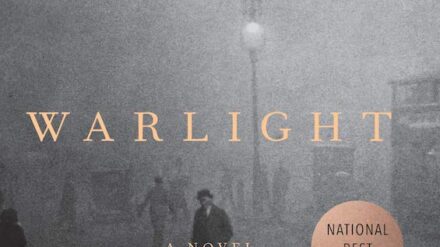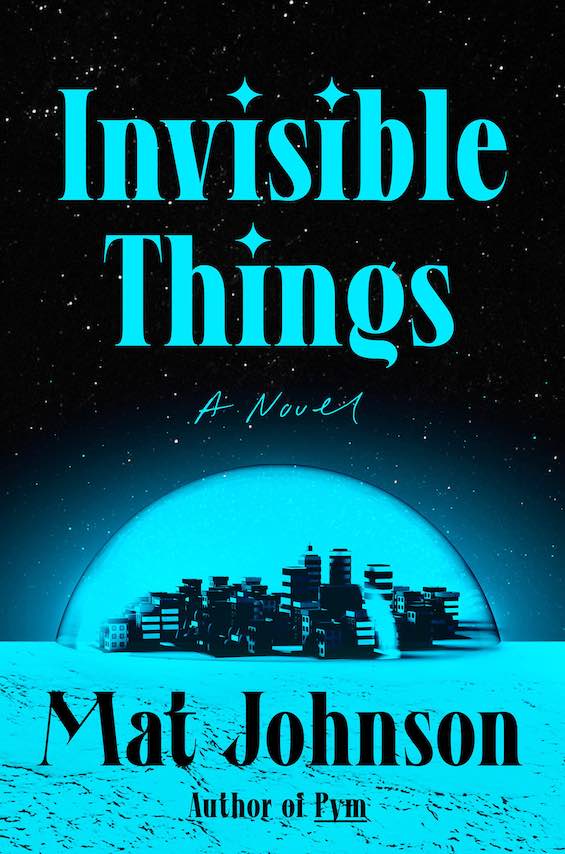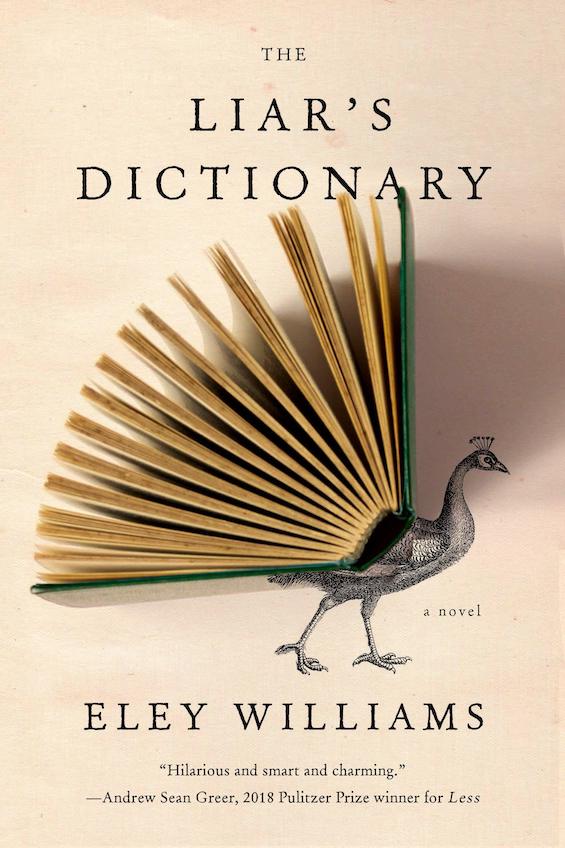
No serious student of English language or literature can live long without the Oxford English Dictionary. The twenty-volume second edition, published in 1989, contains 290,000 main entries on 21,728 pages. (A third, bigger and more up-to-date edition is now in progress.) Since 1857, when a small group of English intellectuals set out to compile a list of words that were unlisted or poorly defined in current dictionaries, legions of lexicographers have labored to produce the OED. The dictionary represents one of the most monumental undertakings in cultural history. Its aim is nothing less than to identify, define, and pinpoint the historical origins of every word that has ever been widely used in the English language. Every other English-language dictionary pales beside the venerable OED. And that is certainly the case of the fictional Swansby’s New Encyclopaedic Dictionary, the centerpiece of Eley Williams’s delightful comic novel, The Liar’s Dictionary.
Estimated reading time: 5 minutes
Two characters dominate this novel about a dictionary
Scores of staff members work today on the third edition of the OED. By contrast, Swansby’s New Encyclopaedic Dictionary employs just two persons. The editor is seventy-year-old David Swansby, a direct descendent of the legendary lexicographer Prof. Gerolf Swansby. He holds forth from the third floor of Swansby House with his door closed. The building is otherwise unoccupied except by his long-time intern, a young woman named Mallory, whose sole job is to answer the telephone. The phone rings once a day with an abusive crank call. A disembodied male voice advises her, “Burn in hell, Mallory,” occasionally varying the wording. Eventually, though, the caller warns that he’s planted a bomb—and the plot thickens.
The Liar’s Dictionary by Elly Williams (2019) 288 pages ★★★★★
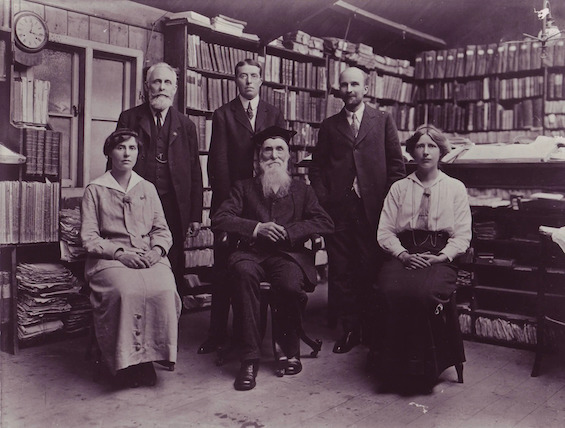
Alternating scenes set a century apart
Meanwhile, and in alternating chapters thereafter, we meet Peter Winceworth, a member of Gerolf Swansby’s staff a century earlier. Peter affects a lisp, and has done so since childhood. It’s annoying enough that Prof. Swansby has gone to the length of sending him to an elocutionist. He’s the butt of jokes among the staff in the Scrivenery Hall. (At the OED, they called it the “scriptorium.”) Peter feels himself invisible and spends most of his time doodling on the four-by-six-inch slips of paper on which staff record new words and definitions for possible inclusion in the dictionary. But Peter’s doodles befit a lexicographer: he makes up absurd new words, building on roots in Ancient Greek, Latin, French, German, and any other languages with which he is familiar. “Bielefoldian (n.), an annoying fellow,” for example. And “titpalcat (n.), a welcome distraction.” Peter’s doodles will, of course, prove consequential.
Your vocabulary lesson for today
You may never have encountered a Mountweazel, but it seems likely you’ll suspect you have when you come across obscure and absurd-seeming words in the future. The term derives from the fictitious Lillian Virginia Mountweazel, whose bogus biography appeared in the 1975 edition of the New Columbia Encyclopedia as a trap for copyright infringers. It had been a common practice among compilers of dictionaries and encyclopedias to copy entries from competitors. Supposedly, a Mountweazel found in a suspect volume would hold up as evidence in court. As you might surmise, David Swansby will discover Peter’s handiwork in the pages of Swansby’s New Encyclopaedic Dictionary—and therein lies the tale.
About the author
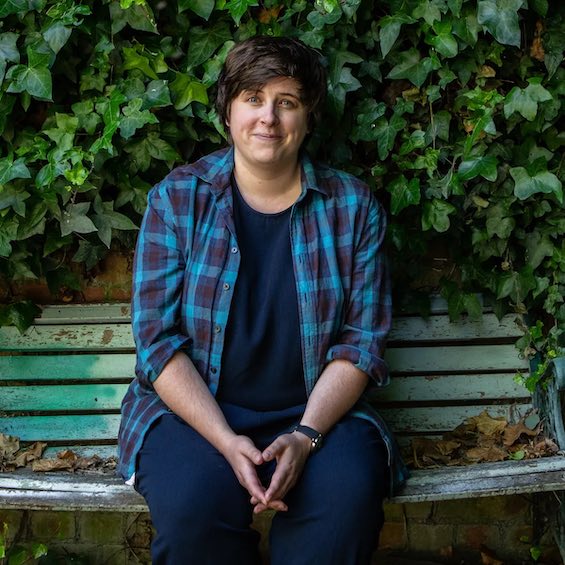
Eley Williams is an award-winning British author whose previous work consists of short fiction. The Liar’s Dictionary is her first novel. She teaches at the University of London and supervises a journal of contemporary prose poetry.
For related reading
This title is featured on Good books about dictionaries, libraries, and language.
I’ve reviewed four other good books about dictionaries:
- The Dictionary of Lost Words by Pip Williams (A moving novel about the making of the OED)
- Word by Word: The Secret Life of Dictionaries by Kory Stamper (A very funny book about words, grammar, and dictionaries)
- The Story of Ain’t: America, Its Language, and the Most Controversial Dictionary Ever Published by David Skinner (The famous dictionary that threw out the rules of grammar)
- The Broken Teaglass by Emily Arsenault (A refreshingly offbeat novel about creating a dictionary)
You might also care to see Top 10 great popular novels reviewed on this site.
And you can always find my most popular reviews, and the most recent ones, plus a guide to this whole site, on the Home Page.

